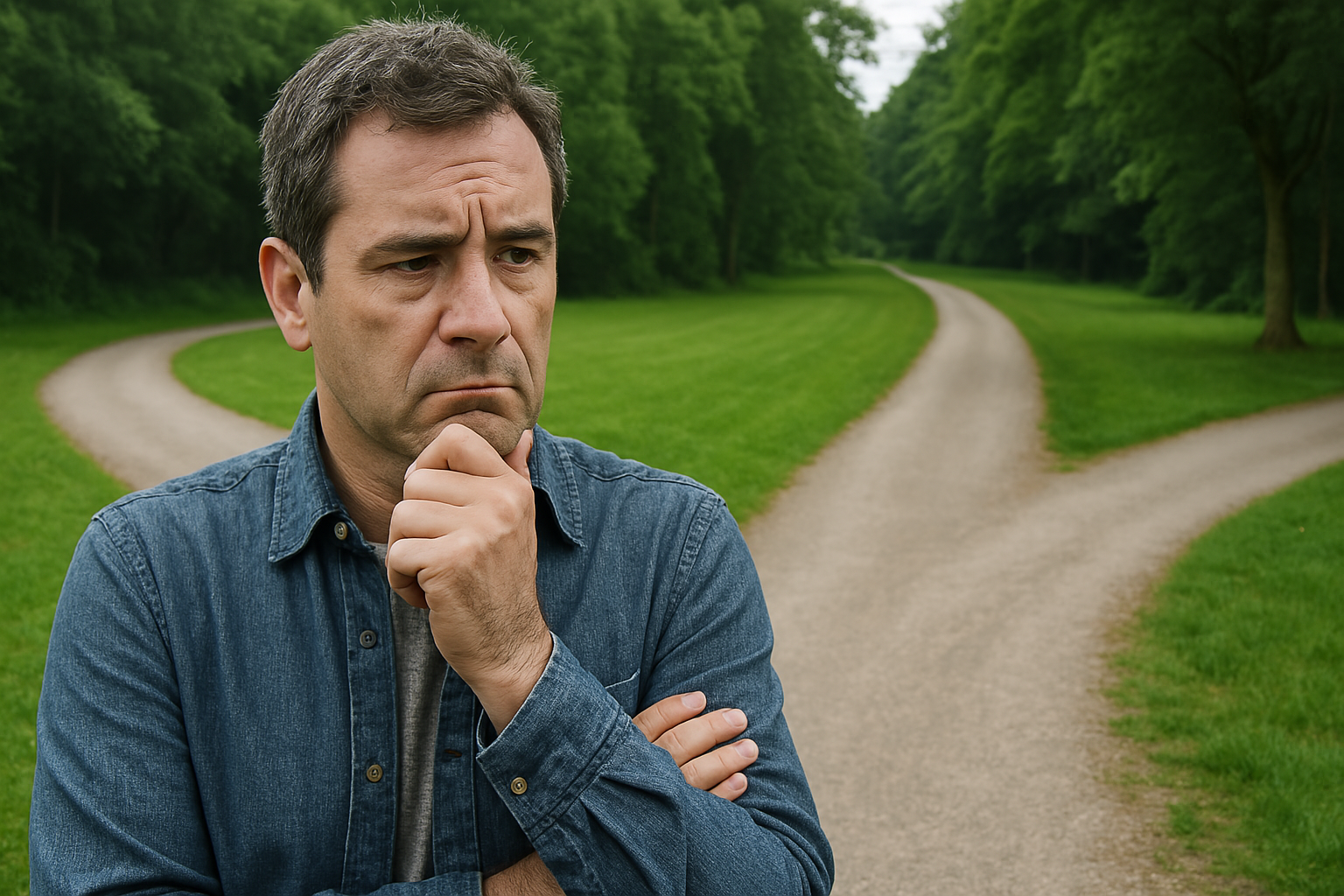
Navigating Life’s Crossroads: The Art and Science of Decision-Making
How Every Choice Shapes Our Evolution, Identity, and Destiny
In our everyday lives, decisions form the very fabric of our existence—each choice, no matter how minute, weaves into the complex tapestry of who we are. The original discussion on SpeciesUniverse.com, along with complementary insights from Psychology Today, reveals that our decision-making processes are not random acts of will but rather intricate interplays between our emotions, cognitive biases, and evolutionary heritage. Whether it’s selecting a meal or choosing a career path, every decision contributes to our personal narrative and echoes the universal drive towards growth and survival. This profound understanding invites us, as evolving beings, to view decision-making as both an art and a science, critical for sculpting our future.
Delving deeper, neuroscience and cognitive psychology have uncovered that our brains operate using dual-process theories: one that is fast, intuitive, and emotional (often labeled as System 1) and another that is slow, deliberate, and logical (System 2). The articles emphasize how these systems interact, sometimes harmoniously and at other times in conflict, influencing our choices in ways we might not fully comprehend. This dynamic balance is further complicated by factors such as decision fatigue and stress, which can sway us toward less optimal outcomes. Research from reputable sources such as the American Psychological Association underscores that recognizing these mechanisms can empower us to improve our decision-making skills by mitigating biases and reinforcing rational thought.
Environmental and situational factors also play a pivotal role in shaping our decisions. Social influences, cultural norms, and even the architecture of our surroundings can subtly nudge us towards particular choices. The original piece on SpeciesUniverse.com draws attention to the evolutionary roots of these influences, suggesting that our ancestral environments have hard-wired us to react in specific ways under stress or uncertainty. Complementary insights from Psychology Today add that in today’s fast-paced world, our minds often rely on heuristics—mental shortcuts that, while useful, can sometimes lead to systematic errors in judgment. Understanding these subtle forces not only broadens our perspective on personal choices but also offers clues on how to design environments that foster better decisions.
Another fascinating dimension of decision-making is the interplay between intuition and rationality. While scientific advancements have allowed us to model decision-making processes with remarkable precision, there remains an almost mystical quality to the gut feelings that guide our choices. Intuition, as the articles suggest, often arises from our deep-seated evolutionary experiences—an inherited wisdom that enables rapid responses when conscious reasoning may fall short. This duality, where empirical evidence meets instinctual insight, forms the cornerstone of many groundbreaking decisions in both personal and professional arenas. Embracing this balance, as highlighted by researchers and thought leaders, encourages a more integrated approach to navigating life’s myriad choices.
From an evolutionary standpoint, every decision is a testament to our survival and adaptation. Drawing on Darwin’s principles of natural selection, the curated content illustrates how our ancestors’ choices directly influenced their fitness and, ultimately, the genetic legacy passed down through generations. In modern times, while the stakes may not always be life or death, the cumulative impact of our decisions still shapes our trajectories in profound ways. This perspective is particularly resonant on SpeciesUniverse.com, where the interconnectedness of all life is celebrated, and where every decision is seen as a step toward either conforming to or challenging the evolutionary process that governs the universe.
Supplementary research further enriches this narrative by shedding light on cognitive biases—systematic deviations from rationality that affect our everyday decisions. Studies from institutions like Harvard Business Review and Stanford University reveal that biases such as overconfidence, anchoring, and confirmation bias can cloud our judgment. These insights are not merely academic; they have practical implications for improving decision-making in high-stakes environments like business, healthcare, and public policy. By recognizing and addressing these biases, individuals can make more informed, balanced choices that align better with both their personal values and the broader evolutionary currents that influence human behavior.
In conclusion, the decision-making process emerges as a complex, multifaceted phenomenon that touches every aspect of our existence. It is the fusion of rational analysis and instinctual wisdom, shaped by both internal predispositions and external influences. Whether we are aware of it or not, each choice we make has the power to alter our destiny and contribute to the collective evolution of our species. As we continue to explore and understand these processes, we not only enhance our personal lives but also enrich the global conversation on how best to navigate the challenges and opportunities that define our modern era.
Key Takeaways:
- Empowerment: Recognize that every decision, from the trivial to the monumental, empowers you to shape your destiny.
- Evolution: Understand that your choices are part of an evolutionary journey, reflecting both ancestral wisdom and modern innovation.
- Balance: Strive to harmonize intuition with rational thought to make more balanced, informed decisions.
“We are the architects of our own destiny through the choices we make.”
Join the conversation at SpeciesUniverse.com—explore more insights on decision-making, share your experiences, and connect with a community of forward-thinkers dedicated to shaping a more conscious and evolved future.
More details: here

Leave a Reply